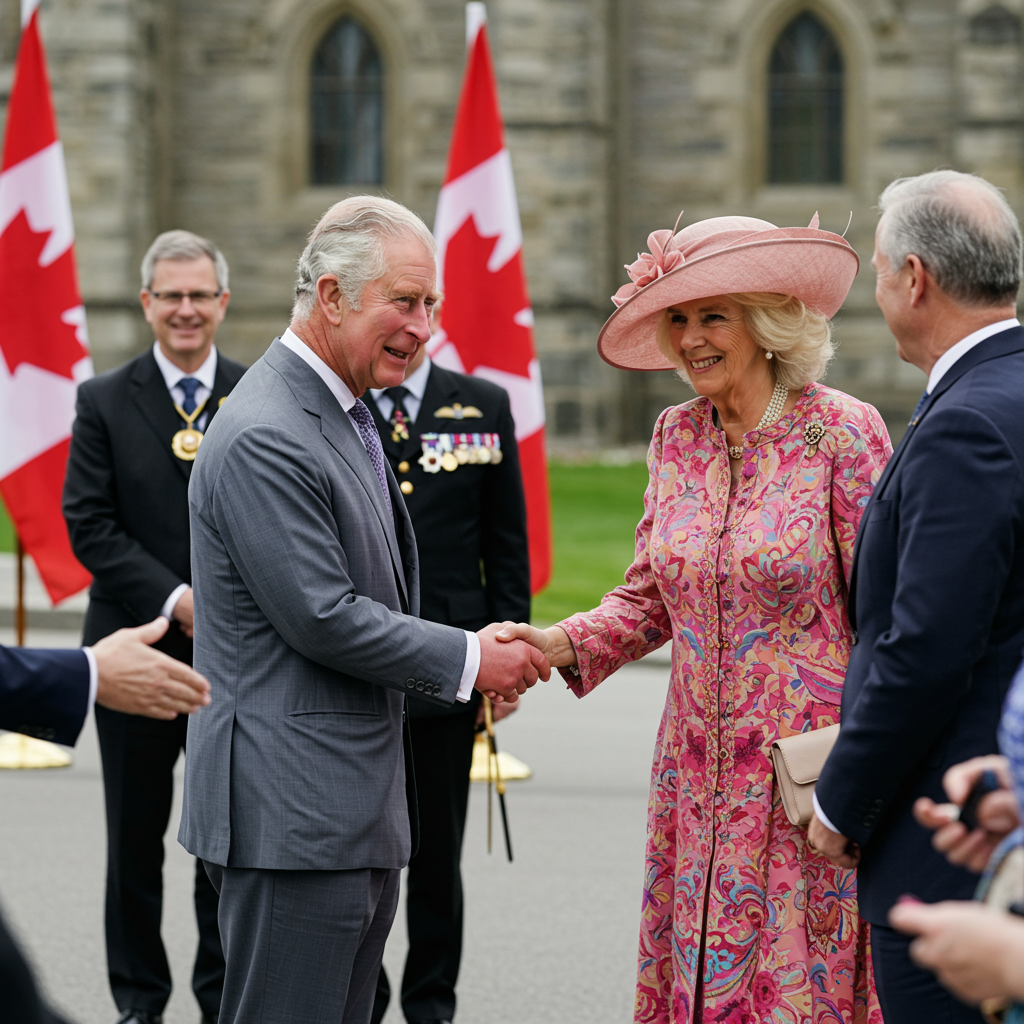In a significant development concerning global trade relations, the European Union has once again postponed implementing its planned retaliatory tariffs on goods imported from the United States. This strategic delay, announced by European Commission President Ursula von der Leyen, pushes back the countermeasures until early August.
EU Seeks Dialogue Amidst Rising Tensions
The decision comes as the EU navigates escalating trade tensions initiated by the US. The original EU tariffs were first outlined in response to the Trump administration’s initial import duties on steel and aluminum products. Those countermeasures, valued at approximately €21 billion worth of US exports, were previously suspended in March.
President von der Leyen stated that this latest extension of the suspension aims to create a window for negotiation. The hope is to secure a diplomatic solution before a new deadline looms.
Trump’s New Tariff Threat
The postponement is a direct reaction to a letter from US President Donald Trump to von der Leyen. In his correspondence, President Trump detailed plans to impose substantial 30% tariffs on EU imports, effective starting August 1st.
Trump’s justification for these new tariffs centers on the significant trade deficits he claims the US has with the EU. Both in letters to the EU and Mexico, he described these deficits as a “major threat” to national security. He also characterized the trade relationship with the EU as “far from reciprocal,” citing what he views as the EU’s “Tariff, and Non-Tariff, Policies and Trade Barriers.”
Warning of Further Escalation
Adding pressure, President Trump warned that any retaliatory import duties imposed by the EU against the US would trigger a further response. He threatened to hit back by raising US tariffs even higher, above the 30% mark.
In a media interview, Trump insisted that while some countries might be “very upset,” the tariffs were effective. He claimed they meant “hundreds of billions of dollars” were “pouring in” to the US economy. His administration has also pursued similar tariff actions and threats against numerous other trading partners, including Canada, Brazil, India, and Vietnam, reflecting a broad push to reshape global trade dynamics.
EU Prioritizes Negotiated Solution
Speaking to journalists, President von der Leyen reiterated the EU’s long-standing position. “The United States has sent us a letter with measures that would come into effect unless there is a negotiated solution,” she explained. “So we will therefore also extend the suspension of our countermeasures until early August.”
She emphasized that the EU has consistently made its preference for a negotiated outcome clear. “This remains the case,” she stated, adding, “and we will use the time that we have now till August 1.”
Preparing for All Outcomes
While extending the hand of negotiation, the EU is simultaneously preparing for the possibility that talks may fail. Von der Leyen confirmed, “At the same time, we will continue to prepare for the countermeasures so we’re fully prepared.”
This dual approach underscores the EU’s commitment to defending its economic interests. The bloc is the United States’ largest trading partner globally, with a massive volume of goods and services flowing between them daily, including key European exports like pharmaceuticals, cars, and aircraft.
Member States Urge Decisive Action
EU trade ministers are scheduled to meet in Brussels to formulate their strategy for responding to Washington’s demands. Member states have voiced strong support for the Commission’s efforts but also stressed the need for readiness.
Germany’s finance minister, Lars Klingbeil, highlighted the necessity of “serious and solution-oriented negotiations” with the US. However, he added that if talks are unsuccessful, the EU would need “decisive countermeasures to protect jobs and businesses in Europe.” Klingbeil stated, “Our hand remains outstretched but we won’t accept just anything.” German Chancellor Friedrich Merz also warned that a 30% tariff could severely damage Germany’s export industry, potentially requiring adjustments to national economic policy.
Similarly, French President Emmanuel Macron urged the European Commission, which negotiates on behalf of all 27 EU countries, to “resolutely defend European interests.” He specifically called for speeding up the preparation of credible countermeasures and potentially mobilizing anti-coercion instruments if no agreement is reached by the August 1st deadline.
Broader Context of US Trade Policy
The proposed 30% tariff on the EU is part of a wider aggressive trade stance from the Trump administration. The administration has targeted numerous countries with new or increased tariffs, often citing trade deficits or national security concerns.
This global push has created significant uncertainty for businesses across various sectors and regions. Industries from manufacturing to technology face potential disruptions and increased costs. The EU’s decision to delay its own tariffs is seen as a tactical move to avoid immediate escalation while keeping the door open for a last-minute deal under the pressure of the US-imposed August 1st deadline.
The scale of EU-US trade means potential tariffs and counter-tariffs could have ramifications extending far beyond the two blocs, impacting nearly every aspect of the global economy.
Frequently Asked Questions
Why did the EU delay its retaliatory tariffs against the US?
The European Union delayed its tariffs primarily to create a window for negotiation with the United States. Following President Trump’s threat of new 30% tariffs on EU imports starting August 1st, the EU extended its suspension of planned countermeasures until the same date. This provides time to seek a diplomatic solution and avoid a trade war before the US tariffs take effect.
Who are the key figures involved in this EU-US trade negotiation?
The main figures involved include European Commission President Ursula von der Leyen, who announced the EU’s decision and preference for negotiation. On the US side, President Donald Trump is the key figure initiating the tariff threats. EU trade ministers are meeting to discuss strategy, and leaders like German Finance Minister Lars Klingbeil and French President Emmanuel Macron have publicly commented on the situation and the need to defend European interests.
What could happen if the EU and US don’t reach a trade deal by August 1st?
If a negotiated solution isn’t reached by the August 1st deadline, several outcomes are possible. The US President has stated his intention to impose 30% tariffs on EU imports. The EU, while preferring negotiation, is preparing its own countermeasures, valued at around €21 billion, which could then be implemented. President Trump has warned that EU retaliation might lead to even higher US tariffs. This scenario risks a significant escalation of the trade dispute, potentially harming jobs, businesses, and the wider global economy.
Conclusion
The EU’s decision to delay its retaliatory tariffs against the United States represents a calculated strategic pause. By aligning its tariff deadline with the US-imposed August 1st date, the EU is prioritizing a negotiated solution while clearly signaling its preparedness for countermeasures if diplomacy fails. The coming weeks will be critical in determining whether dialogue can defuse the escalating trade tensions or if both sides will proceed with measures that could significantly impact the transatlantic economic relationship and the global trade landscape.


